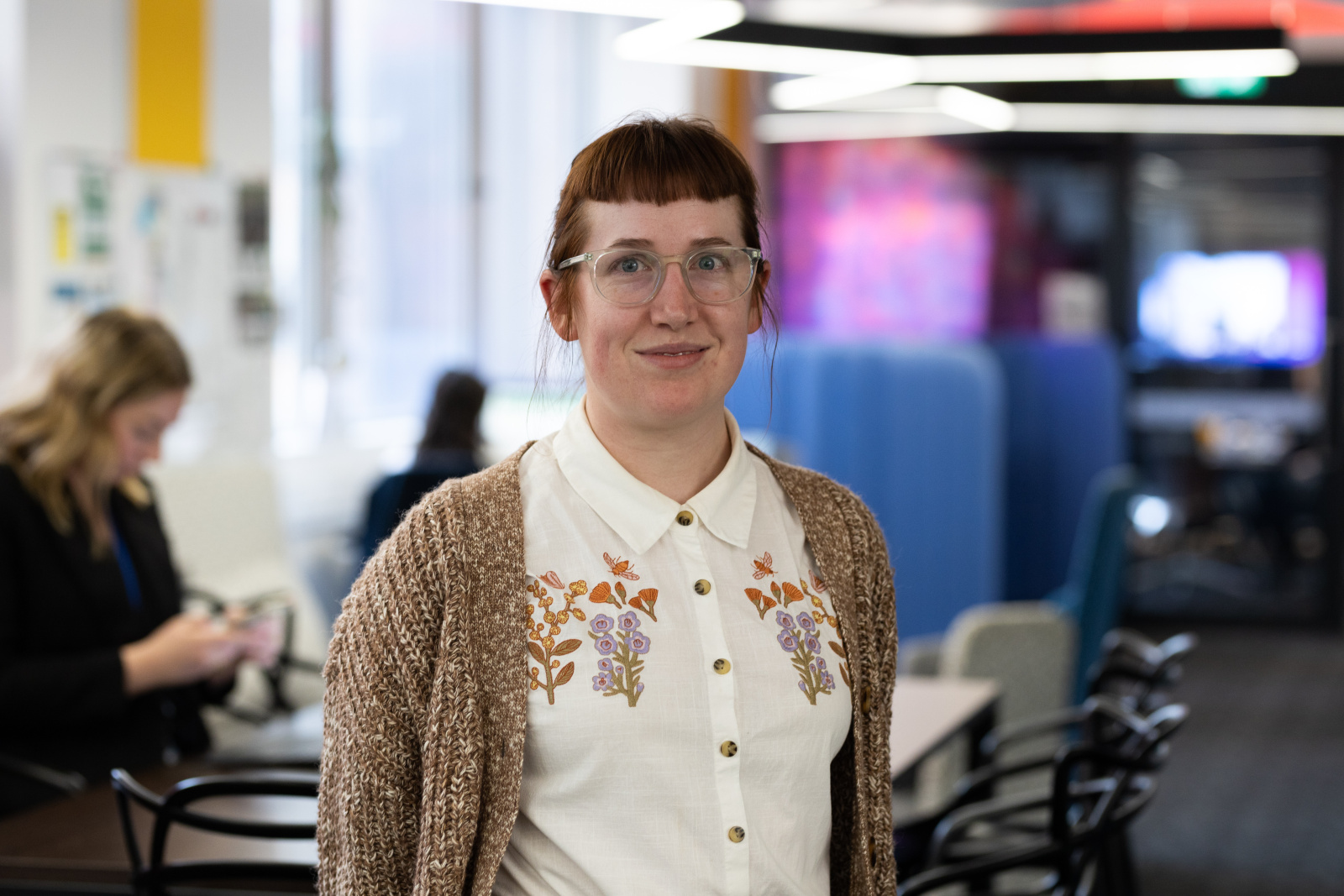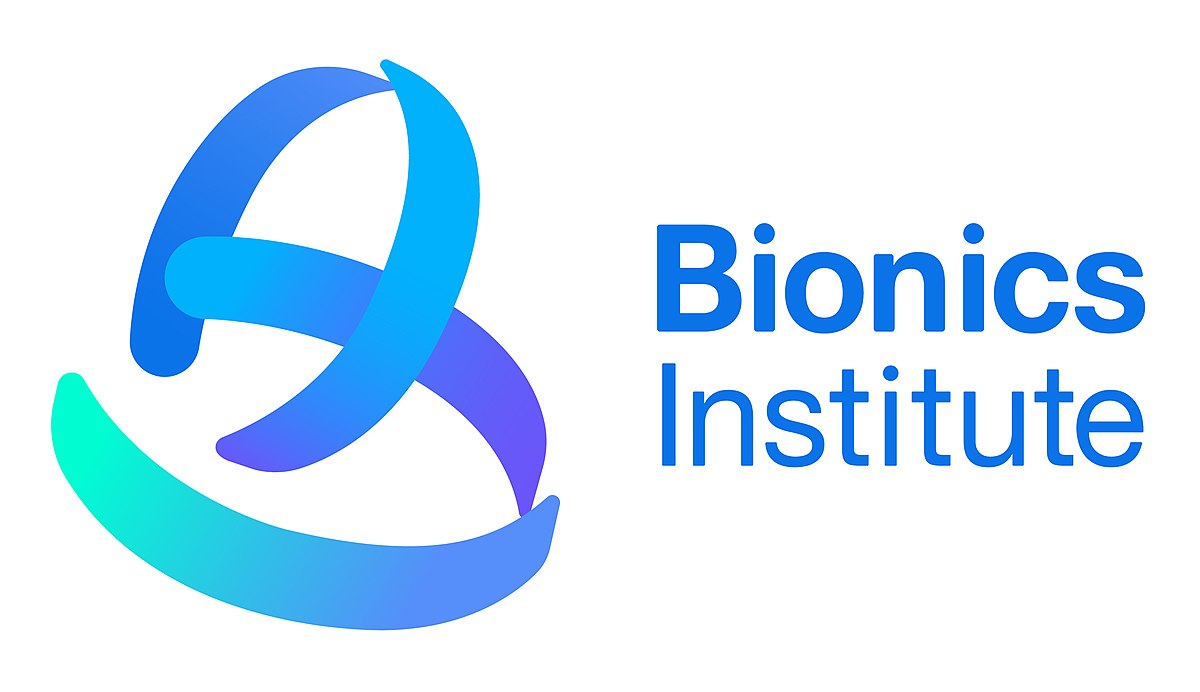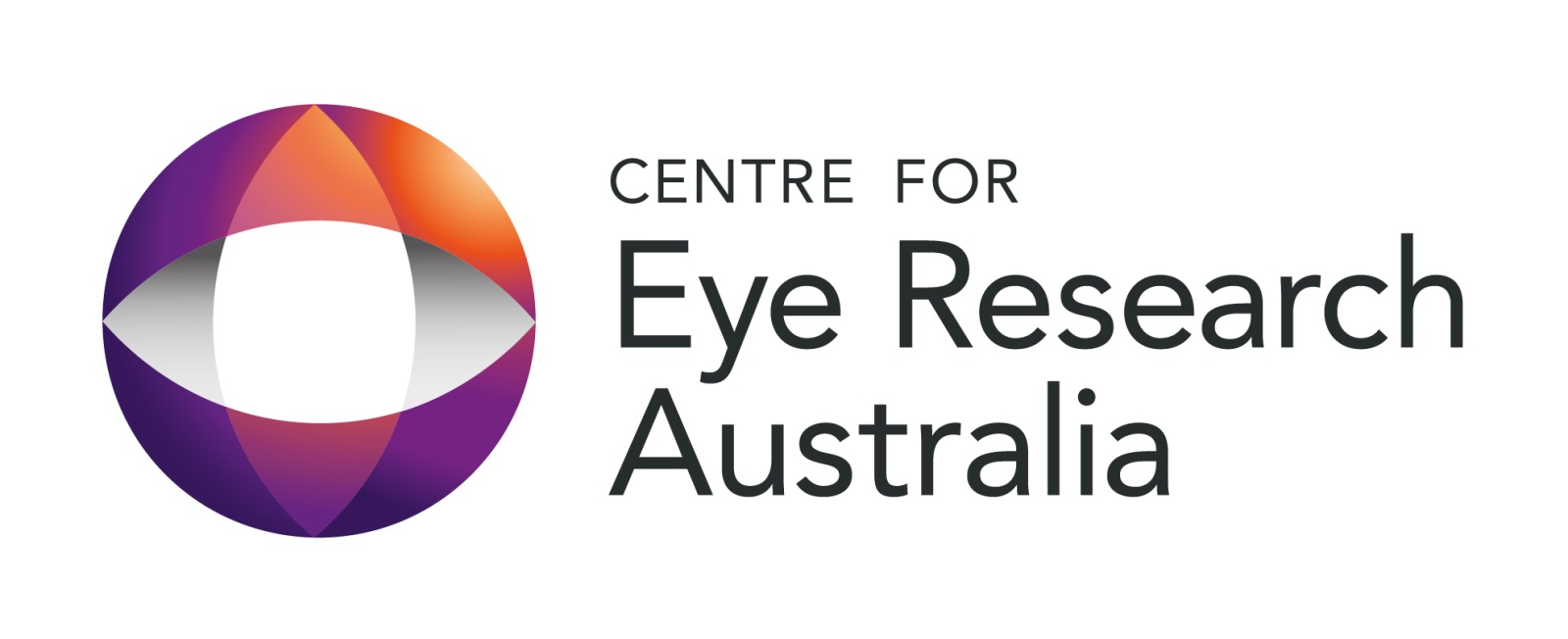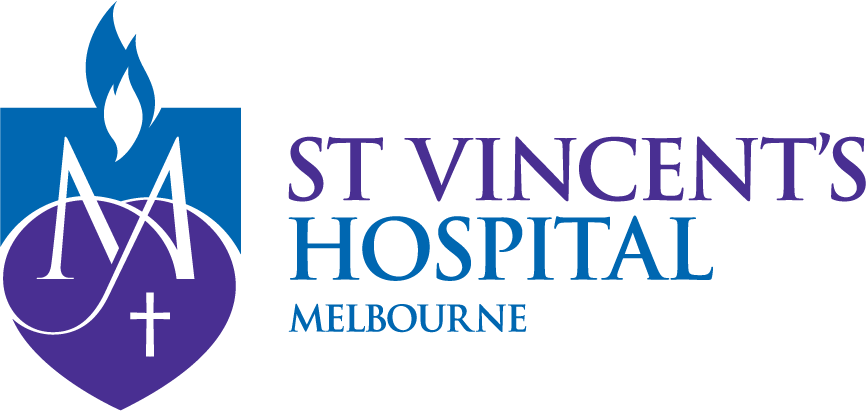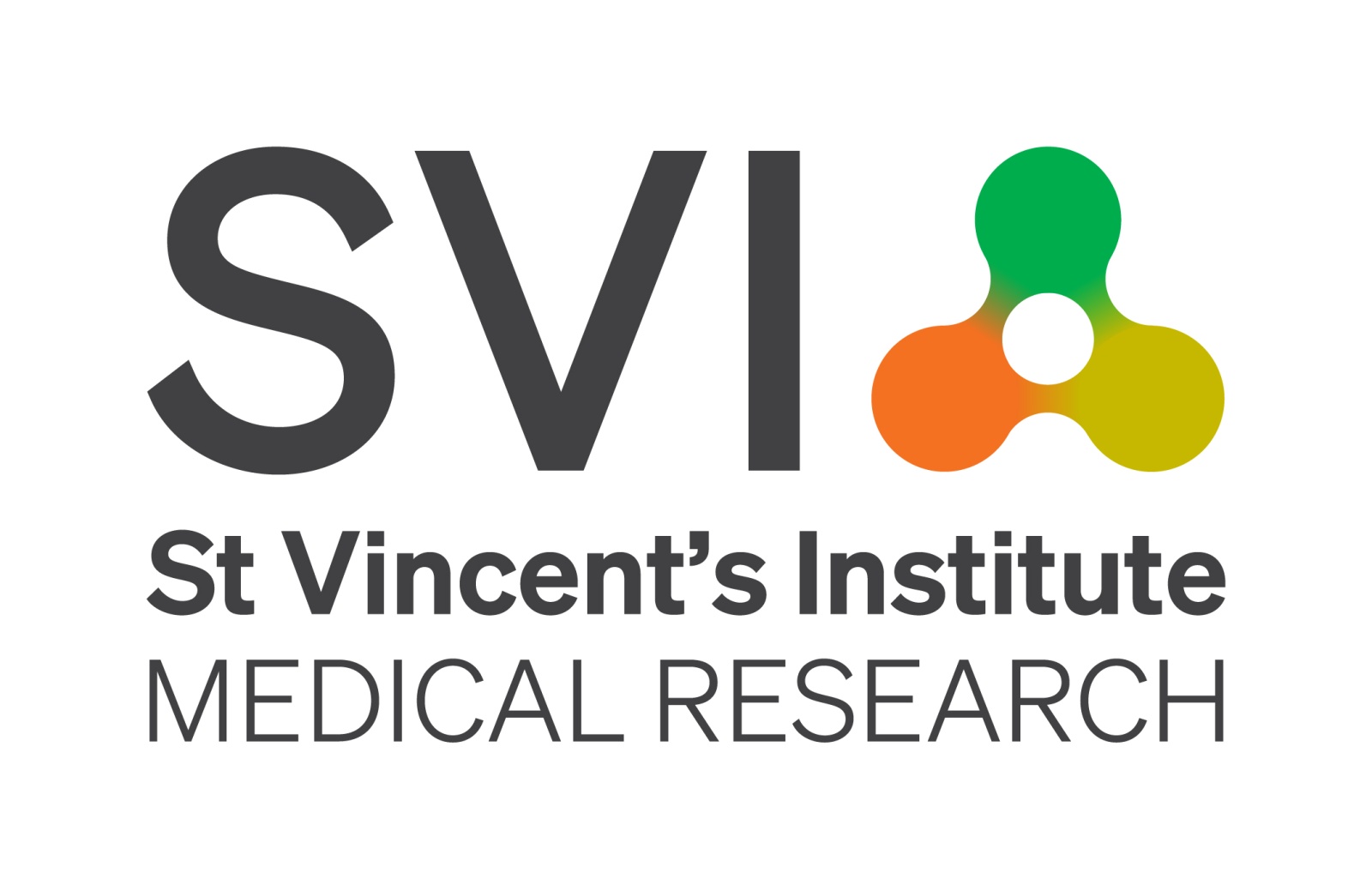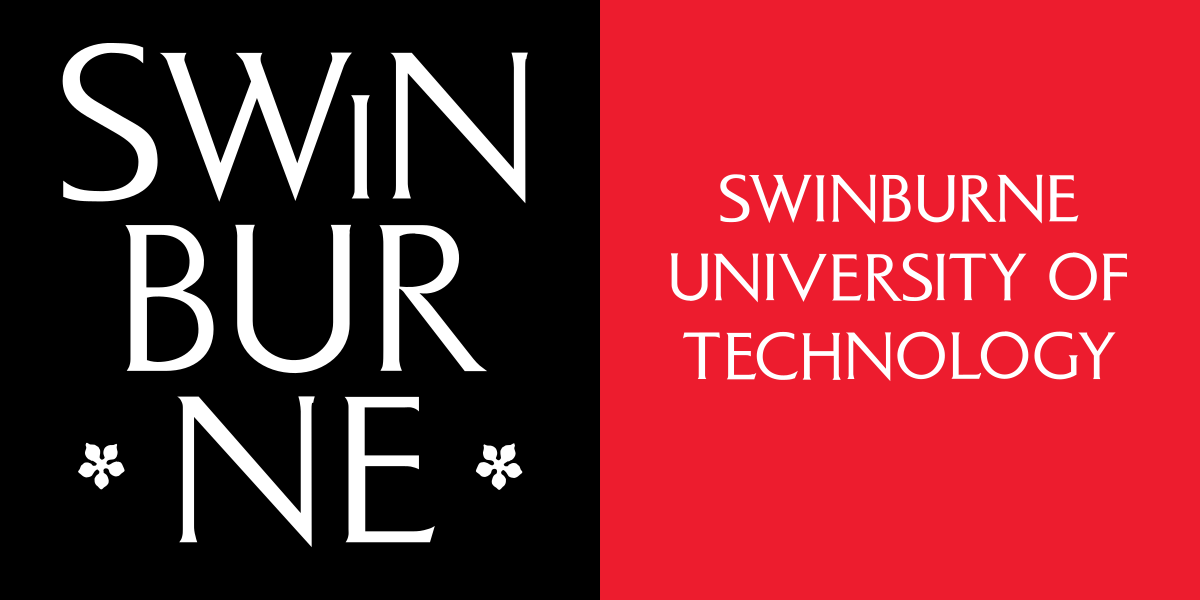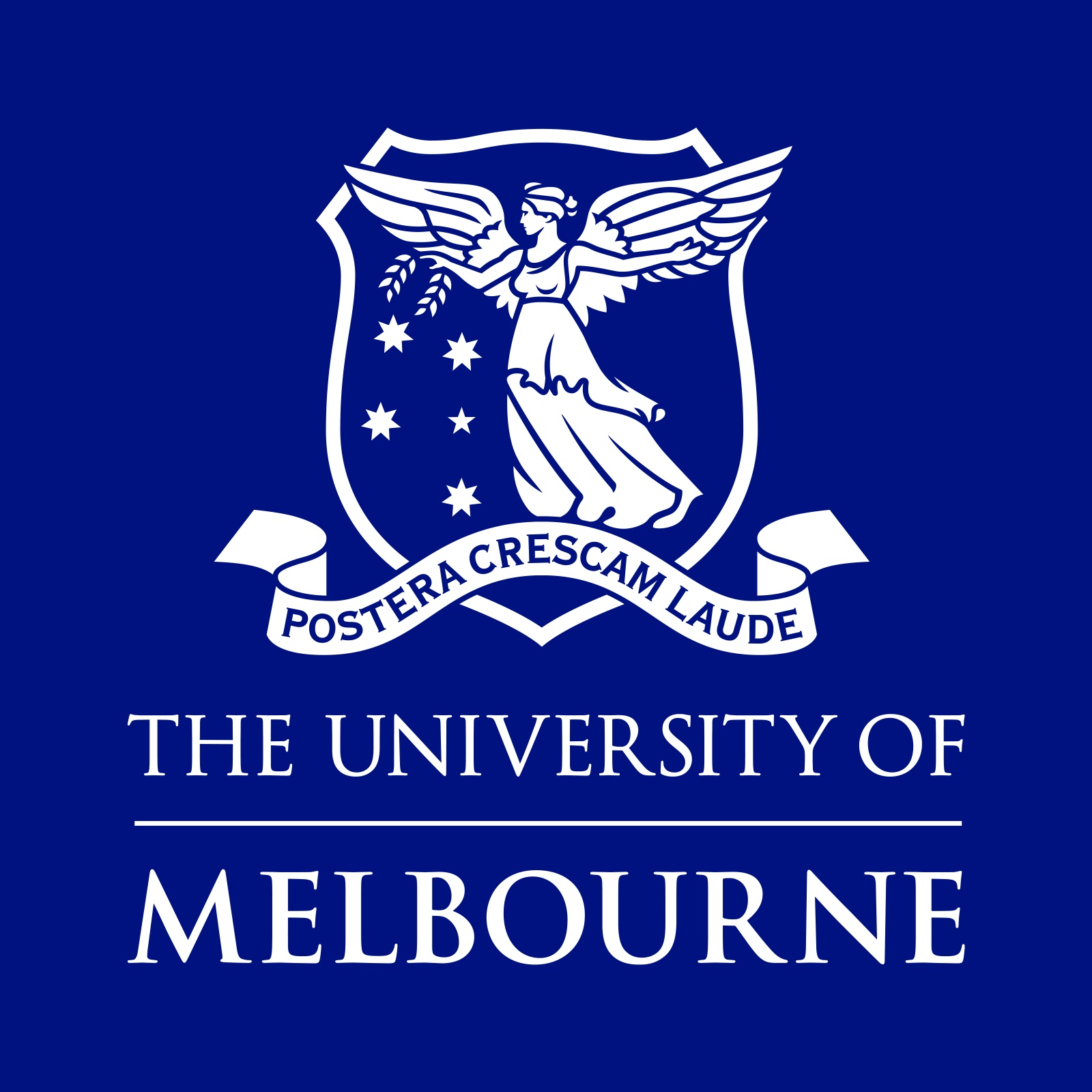A collaboration between the ACMD, Safer Care Victoria, and Swinburne University’s MedTechVic research hub has delivered a whitepaper providing much-needed guidance for clinicians and operations in order to make the hospital environment safer for people with delirium.
These recommendations aim to address key factors affecting the onset and management of delirium in the hospital space, including excessive noise, poor lighting, confusing floor plans, and the sterile, unwelcoming nature of the hospital environment.
As part of the ACMD-Challenge Program “Delirium: Searching for Solutions” initiated this year, the whitepaper examines the impact of the built environment of the hospital on people with delirium, providing four recommendations for minimising negative effects of hospital stays on this cohort:
- Noise levels should be reduced to create a calm environment and enhance sleep quality
- Lighting should be designed to minimise disruptions to routines and well-being of all staff and patients
- Interior design should be made more ‘familiar’ and engaging, reducing the clinical feel of the space
- Floor plans and layouts should be improved to enhance navigation and safety
Delirium is associated with significant adverse outcomes, including increased risk of death, falls, cognitive decline and extended hospital stays.
Dr James Mahon, a Consultant Geriatrician at St Vincent’s Hospital Melbourne, frequently treats patients experiencing delirium, giving him a deep understanding of its mitigating and exacerbating factors.
“The built environment has real and lasting impacts on the health of people with delirium,” he said.
“It was a pleasure to work with the ACMD and its partners on this whitepaper, helping close this important healthcare gap.”
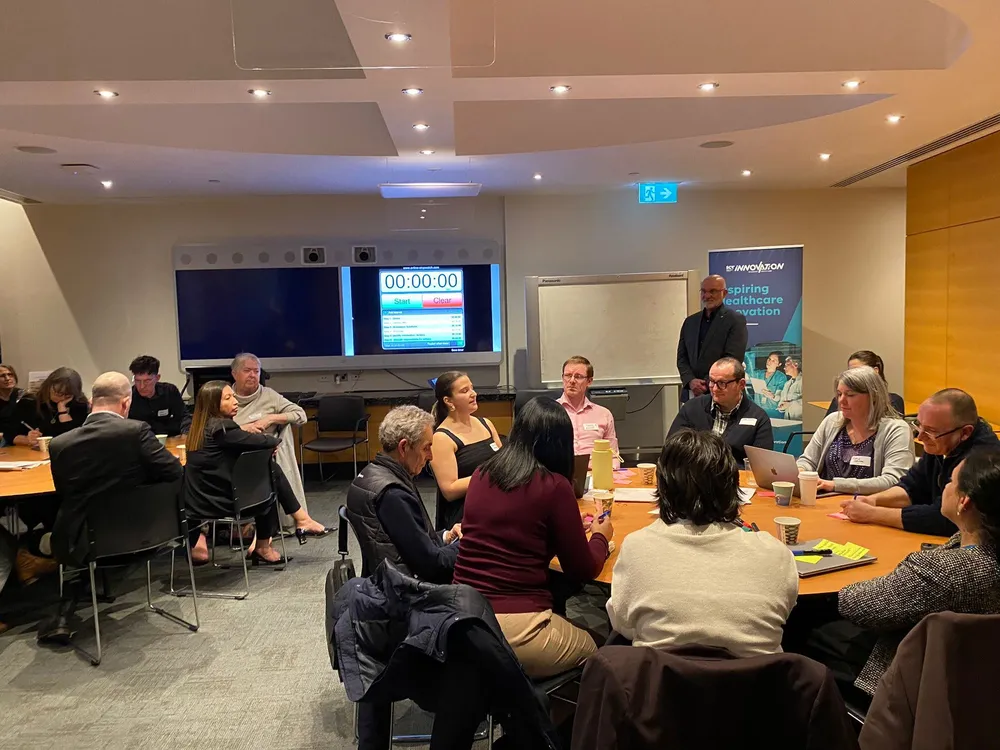
Above: Participants at the ACMD Challenge Workshop on delirium held on July 2nd that helped inform the development of the whitepaper.
An initial seminar highlighting current challenges facing people with delirium was followed by a workshop to brainstorm ideas to solve the clinical problem with fresh perspectives.
MedTechVic Director Professor Rachael McDonald was a key contributor to the whitepaper and was deeply involved in in the Program throughout, seeing significant value in the early stage and blue-sky thinking approach to problem solving.
“Collaborating with the ACMD and Safer Care Victoria on the ACMD Delirium Challenge Workshop has been an enriching experience for Swinburne University of Technology,” she said.
“This initiative clearly highlighted the impact of built environments on delirium and the role that medical technology can play in advancing the management and prevention of delirium.”
Safer Care Victoria Innovation Manager Kim Griffiths also spoke highly of the program and its outputs.
“The content of the white paper was carefully constructed and actively drew on the lived experience of patients and their families, frontline healthcare workers, delirium experts, architects and designers,” she said.
“I am proud of how we have partnered with ACMD and MedTechVic for success, and all in the pursuit of reducing delirium, improving its management and reducing other common hospital acquired complications such as falls.”
The whitepaper can be downloaded from the Safer Care Victoria website here.
A recording of the ACMD Challenge Seminar featuring Dr Mahon can be viewed here.
The Aikenhead Centre for Medical Discovery Challenge Program acknowledges the support of Safer Care Victoria and the Australian Medtech Manufacturing Centre. This Victorian Government partnership brings together health and industry stakeholders from across the ecosystem to co-design solutions to frontline healthcare challenges, and grow

